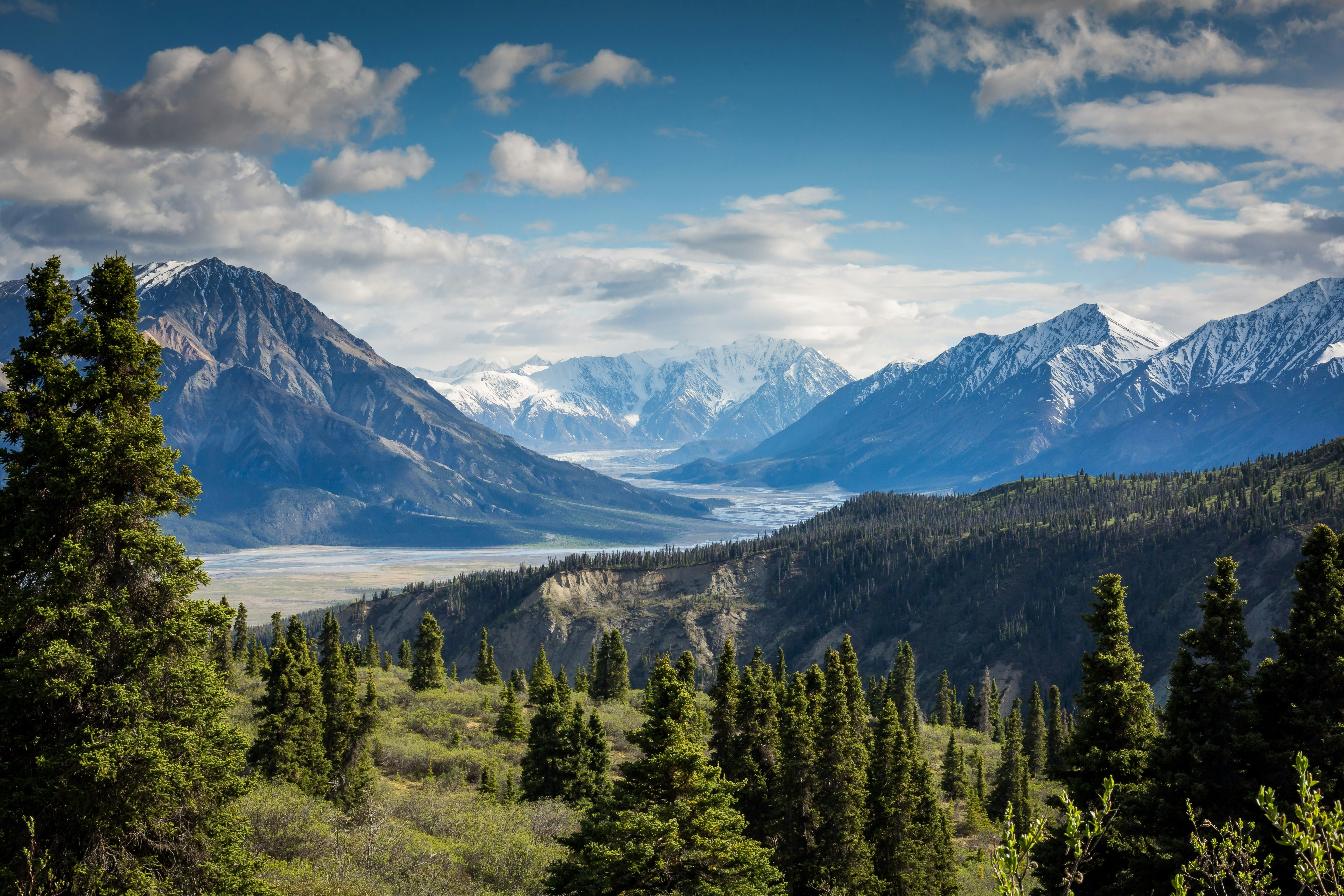The Great "Victory Day" Debate: How Russia and Europe Clash Over World War II Remembrance
Methods Employed by Russian Propaganda in Misusing Memorial Organizations
Get ready for a grand show on May 9th as Russia celebrates its "Victory Day," commemorating the end of World War II in Europe. However, this day of triumph and remembrance has been a source of tension between Russia and much of Europe due to competing narratives and political implications. Historian Corinna Kuhr-Korolev sheds light on the ongoing "memory war" in an interview with ntv.de.
Russia's "Victory Day" Celebrations
In Russia, "May 9" is celebrated as the victorious end of the Red Army's battle against Nazi Germany in the "Great Patriotic War." It's the most significant national holiday, observed amidst grand military parades and festivities throughout the nation. MosCOW sets the plans for the commemoration a year ahead, with standardized logos and design guidelines for various regions.
Historical Perspective
Contrary to popular belief, military parades in Moscow during "Victory Day" weren't a long-standing tradition for decades after the war. Early parliament members disagreed on how to celebrate the day, and the parades only started to gain momentum during the late 1990s under Putin's rule.
The International Perspective
Putin desires global recognition of Russia's historical achievement and power, inviting foreign representatives to join him. Simultaneously, he demonstrates Russia's claim to a leading role in world politics.
The Conflicted Dates
The signing of Germany's unconditional surrender took place on two separate days due to Stalin's insistence: Alfred Jodl signed the document on May 7, 1945, in Reims, ending the war on European Fronts, and the final ceremony occurred on May 8-9 in Berlin-Karlshorst. This discrepancy has contributed to the growing divide in historical interpretations between Russia and Europe.
The Memory War
Territorial power claims are made and rejected based on historical arguments, with the interpretation of World War II's end playing a significant role. Historically, two camps have emerged: one follows the Russian narrative, emphasizing that the Red Army was the main force in liberating Europe from fascism, and the other acknowledges the Soviet Union's achievement while focusing on the lack of self-determination in Eastern Europe after liberation.
Current Political Tensions
Celebrating the 9th of May aligns one with Putin's historical truth and the aggression in Ukraine that is based on it. This makes the 9th of May a political statement, with the consequence that anyone who accepts Putin's invitation to join him on that day is effectively supporting Russia's flawed narrative and the invasion of Ukraine.
The Eastern European Experience
Citizens of the Baltic states, Poland, and Ukraine experienced oppression, persecution, and deportations under Soviet occupation after Hitler-Stalin Pact in 1939/1940-1941 and again after 1944 or 1945. They perceive Putin's aggressive rhetoric as a threat and recognize similar imperial ambitions in today's Russian politics.
The Memory War Between Russia and Ukraine
The memory war between Russia and Ukraine has been ongoing since the Euromaidan and the annexation of Crimea, further fueled by Russia's invasion of Ukraine. Russia has long held a monopoly over this holiday, using it to establish the founding myth of victory over fascism. In the spring of 2022, Russia justified its attack on Ukraine by claiming it needed to prevent the resurrection of fascism there.
Russia's Rhetoric and National Unity
Russia emphasizes the heroic struggle of all its nationalities and ethnicities, drawing parallels between the Soviet people who once defeated Nazism and the modern Russian soldiers fighting in Ukraine. This narrative is used to unite the various ethnic groups and bolster support for the military campaigns.
Germany's Divergent Narratives
Germany is not directly engaged in a memory war with Russia, but the division regarding May 8th and 9th can be seen in German discussions. Bizarre political factions occasionally arise from traditional historical views and current political preferences, leading to a deepening rift in German society as the consensus established after World War II crumbles further.
Exclusion of Russia and Belarus from Official Commemorations
In light of the ongoing conflict and Russia's suspected misuse of official remembrances for propaganda, the Federal Foreign Office and the Bundestag decided to exclude Russian and Belarusian representatives from the commemoration ceremony on May 8th for diplomatic reasons. However, this exclusion creates a challenging predicament, as the historical event and the victims are undisputed, yet their commemoration cannot be performed together when the war is still claiming innocent lives in Ukraine.
The Future of WWII Remembrance
In this polarized climate, it's essential to find a way to commemorate, understand, and honor the past without succumbing to political manipulation. The key lies in fostering personal relationships and shared experiences, transcending boundaries and overcoming the divisive impact of war. If history is used as a tool for unity and mutual respect, rather than a weapon for division, perhaps a brighter future can be achieved.
- The European Union, in the context of the ongoing "memory war" over World War II, faces a challenging predicament as it decides to exclude Russian and Belarusian representatives from official commemorations.
- Historically, Russia's "Victory Day" celebrations, a major national holiday, have become a source of tension between Russia and much of Europe due to the European Union's divergent narratives and political implications.
- In the memory war between Russia and Ukraine, Russia has used the holiday to establish a founding myth of victory over fascism, a narrative that has fueled the ongoing conflict and invasion of Ukraine.
- Germany, not directly engaged in a memory war with Russia, experiences a deepening rift in society as traditional historical views and current political preferences diverge over the commemoration of May 8th and 9th.







